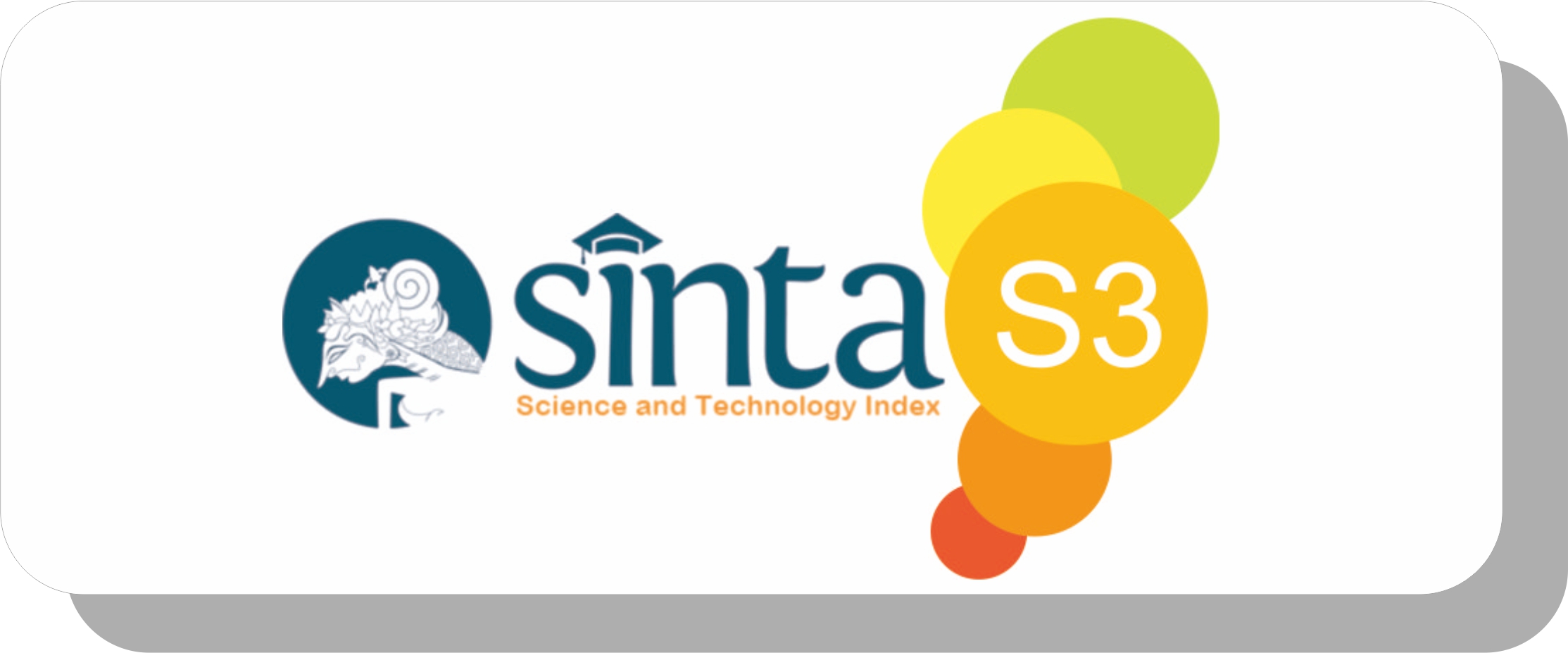Penolakan Dominika Terhadap Pemberlakuan Mata Uang SUCRE
DOI:
https://doi.org/10.22219/sospol.v7i2.10365Keywords:
ALBA, Dominika, Integrasi Moneter, Kebijakan, SUCREAbstract
Artikel ini bertujuan untuk mengetahui mengapa Dominika membuat kebijakan untuk menolak mata uang SUCRE. Mata uang tersebut merupakan sebuah regional currency yang telah dicetuskan oleh ALBA untuk mengurangi ketergantungan terhadap dolar AS. ALBA menganggap SUCRE sangat penting untuk diikuti oleh para anggotanya karena akan memberikan manfaat secara ekonomis. Penelitian ini menjelaskan keputusan Dominika menolak integrasi moneter SUCRE yang dianalisis dari berbagai faktor internal dan eksternal berdasarkan teori The Formulation of Foreign Policy Objectives oleh Keith R. Legg dan James F. Morisson. Artikel ini menggunakan metode eksplanatif kualitatif dengan menggunakan teknik pengumpulan data sekunder dalam prosesnya. Hasilnya menunjukkan bahwa keputusan Dominika tidak menerapkan SUCRE sebagai regional currency dipengaruhi faktor internal dan eksternal. Faktor internal tersebut yaitu: 1) Jika Dominika mengadopsi mata uang tersebut maka akan bertentangan dengan keanggotaannya di OECS, 2) Keadaan ekonomi Dominika yang rendah membuat negara tersebut tidak dapat memenuhi persyaratan di SUCRE yang berdampak pada ketidakleluasaan untuk mempengaruhi kebijakan moneter terhadap mata uang tersebut. Selain itu, faktor eksternal yang juga menjadi pertimbangan terbatasnya pangsa pasar dominika di SUCRE.
Downloads
References
ACAPS. (2018). Dominica: the imapct of hurricane Maria. ACAPS Disaster Profile: Dominica, January, 1–13.
ALBA. (2014). What is the ALBA? ALBA Info. https://albainfo.org/what-is-the-alba/
Dominica News Online. (2012a). Dominica to stay away from the sucre. Dominica News Online. https://dominicanewsonline.com/news/homepage/news/business/dominica-to-stay-away-from-the-Sucre/
Dominica News Online. (2012b). Poverty in Dominica Disappointing but Reflects Global Situation – CDB President. Dominica News Online. https://dominicanewsonline.com/news/homepage/news/economy-development/poverty-in-dominica-disappointing-but-reflects-global-situation-cdb-president/
Edmonds, K. (2012). ALBA Expands its Allies in the Caribbean (Part 1 of 2). NACLA. https://nacla.org/blog/2012/2/16/alba-expands-its-allies-caribbean-part-1-2
Fritz, B., & Mühlich, L. (2014). Regional Monetary Co-operation in the Developing World Taking Stock. July, 1–59.
Latief, B. H. (2015). Dampak Penerapan SUCRE Terhadap Perekonomian Venezuela. 1–122.
Little, R., & Smith, M. (Eds.). (2005). Perspectives on World Politics. Routledge. https://doi.org/10.4324/9780203300527
Moleong, L. J. (2018). Metodologi Penelitian Kualitatif. PT Remaja Rosdakarya.
OECS. (2010). Revised treaty of Basseterre establishing the organisation of eastern caribbean states economic union. 1–43.
OECS. (2017). About OECS. OECS. https://oecs.org/en/homepage/about-us
Organization of American States. (2012). WT/TPR/S/299 • Dominica - 114 - ANNEX 2 - DOMINICA.
Rosales, A., & Molero-simarro, R. (2015). Discussion Paper no 31 Antulio Rosales Manuel Cerezal. August 2011.
SELA. (2013). ALBA-TCP as a mechanism for cooperation with a regional scope. October.
SELA. (2014). Evolution of the Bolivarian Alliance for the Peoples of our America – Peoples ’ Trade Treaty ( ALBA-TCP ). November.
Singarimbun, M., & Effendi, S. (1981). Metode Penelitian Survai. LP3ES.
Wardani, R. (2019). Alasan Dominica, St. Vincent and the Grenadines and Antigua and Barbuda Tidak Bergabung dalam Penyatuan Mata Uang Sucre. 5(4), 112–121.
World Bank. (2020). Total reserves (includes gold, current US$). World Bank. https://data.worldbank.org/indicator/FI.RES.TOTL.CD?end=2020&start=2020&view=map
World Bank. (2008). Total reserves (includes gold, current US$). World Bank.
Downloads
Published
How to Cite
Issue
Section
License
Copyright (c) 2021 Sospol : Jurnal Sosial Politik

This work is licensed under a Creative Commons Attribution-NonCommercial-ShareAlike 4.0 International License.
Authors who publish with this journal agree to the following terms:
- Authors retain copyright and grant the journal right of first publication with the work simultaneously licensed under a Creative Commons Attribution-ShareAlike 4.0 International License that allows others to share the work with an acknowledgement of the work's authorship and initial publication in this journal.
- Authors are able to enter into separate, additional contractual arrangements for the non-exclusive distribution of the journal's published version of the work (e.g., post it to an institutional repository or publish it in a book), with an acknowledgement of its initial publication in this journal.
- Authors are permitted and encouraged to post their work online (e.g., in institutional repositories or on their website) prior to and during the submission process, as it can lead to productive exchanges, as well as earlier and greater citation of published work (See The Effect of Open Access).

This work is licensed under a Creative Commons Attribution-ShareAlike 4.0 International License.



















